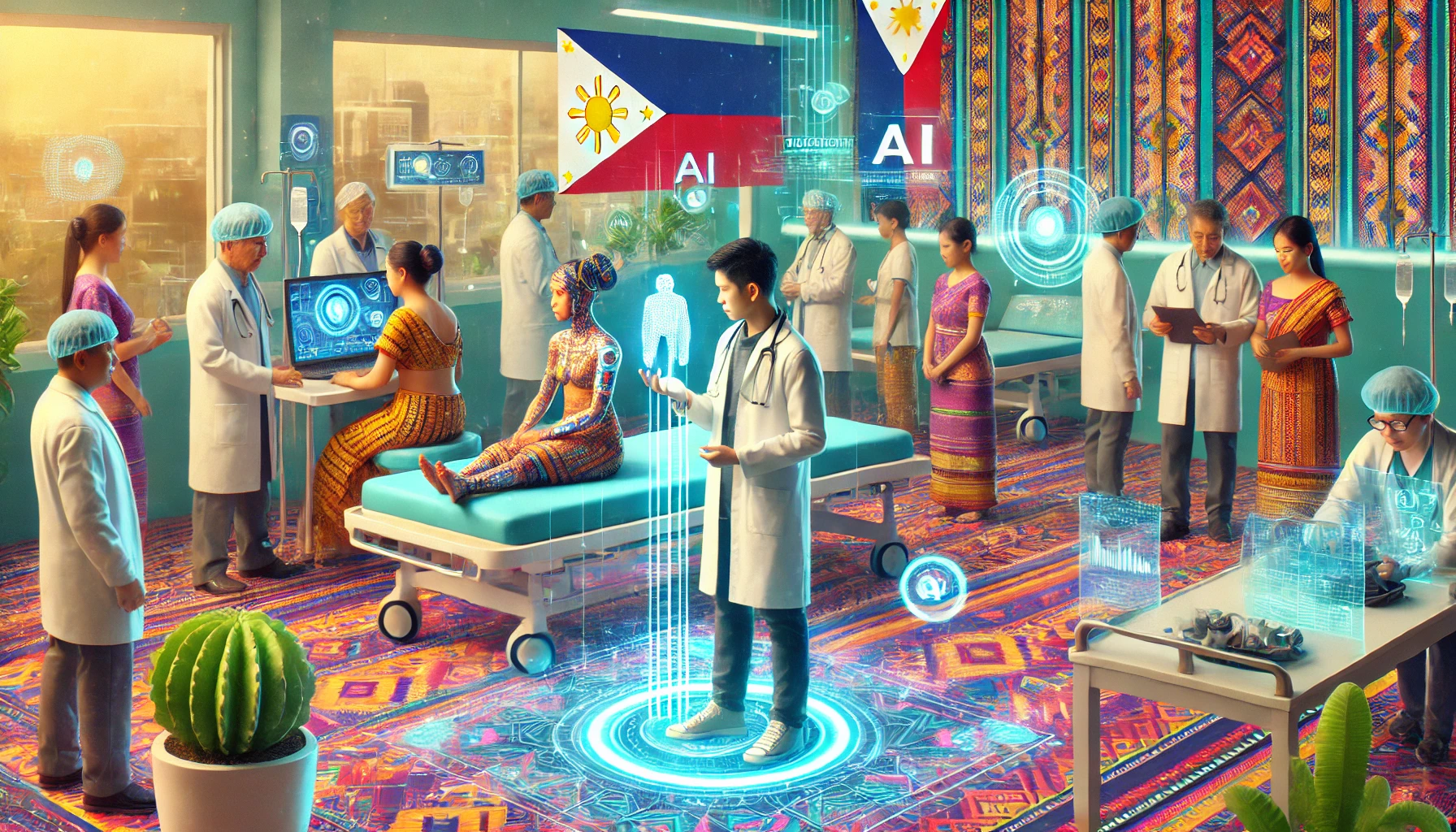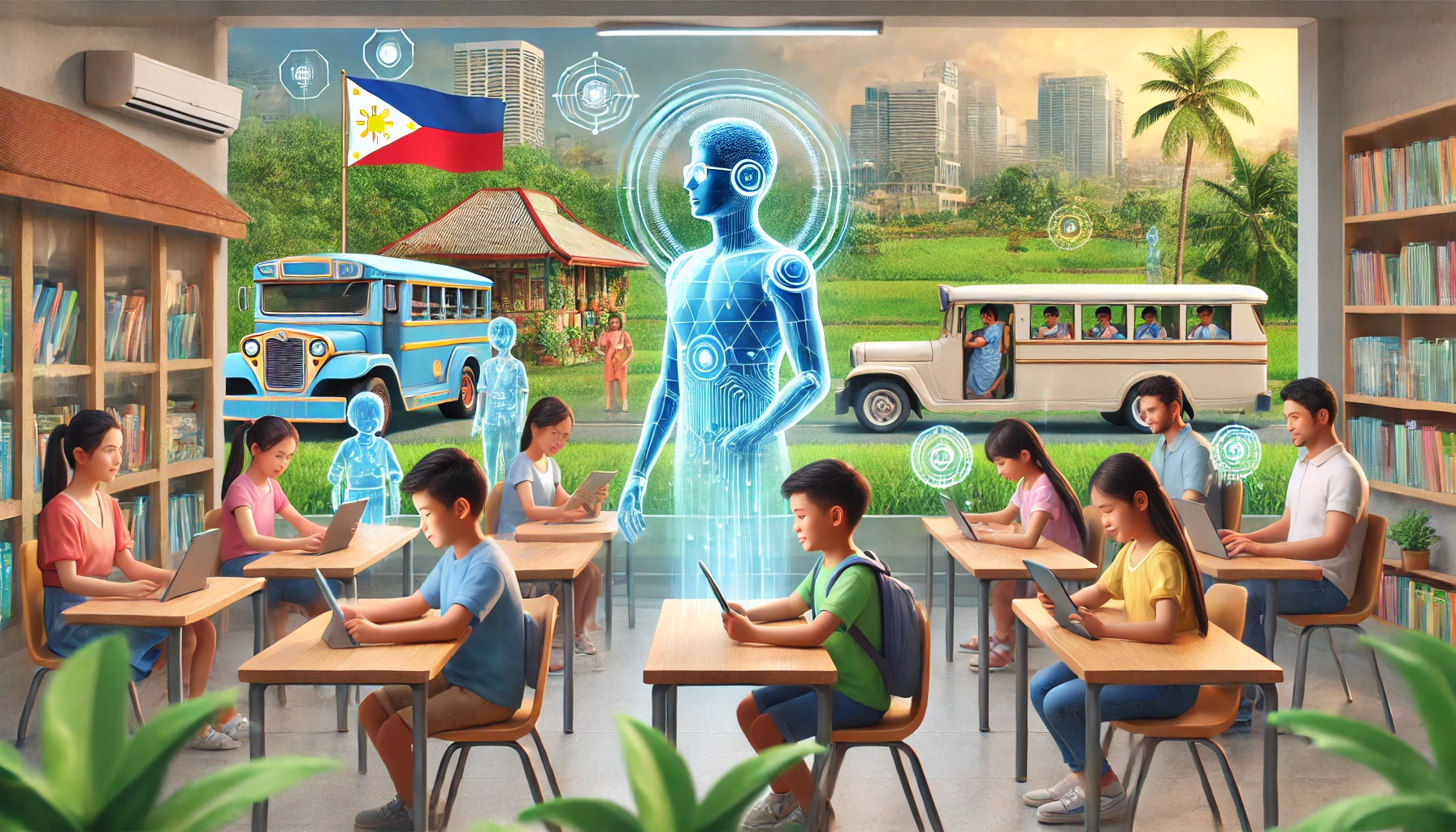The healthcare sector in the Philippines faces numerous challenges, from limited access to specialists in remote areas to long queues in urban hospitals. These problems often hinder timely and effective medical care. However, the advent of Artificial Intelligence (AI) is reshaping the landscape, offering innovative solutions that promise to transform diagnosis and treatment across the archipelago.
The Role of AI in Healthcare
AI systems, powered by advanced algorithms and vast datasets, are capable of analyzing complex medical data with remarkable speed and accuracy. By leveraging this capability, AI is empowering healthcare providers to make more informed decisions, reduce diagnostic errors, and enhance treatment outcomes.
AI-Driven Diagnostic Tools
One of the most exciting applications of AI in Filipino healthcare is in diagnostics. Tools like AI-powered imaging systems can analyze X-rays, MRIs, and CT scans in seconds, identifying abnormalities such as tumors, fractures, or infections. For instance:
- Cancer Detection: AI systems can detect early signs of cancer with greater accuracy than traditional methods, enabling timely interventions.
- Tuberculosis Screening: AI is being used in remote clinics to analyze chest X-rays, offering a fast and cost-effective way to screen for TB—a prevalent disease in the Philippines.
Personalized Treatment Plans
AI algorithms analyze patient data, including medical history, genetic information, and lifestyle factors, to create personalized treatment plans. This approach ensures that patients receive therapies tailored to their specific needs, improving recovery rates and reducing side effects.
Bridging the Gap in Rural Healthcare
One of the biggest hurdles in Filipino healthcare is the urban-rural divide. Many remote areas lack access to specialists and advanced medical facilities. AI addresses this gap by:
- Telemedicine Integration: AI-powered chatbots and virtual assistants provide preliminary consultations, guiding patients on whether they need immediate medical attention or can manage their symptoms at home.
- Remote Monitoring: Wearable devices combined with AI track vital signs and alert doctors to potential health issues, reducing the need for frequent hospital visits.
Streamlining Hospital Operations
AI doesn’t just enhance patient care—it also optimizes hospital workflows. Predictive analytics can forecast patient admissions, helping hospitals manage resources more efficiently. AI-based scheduling systems ensure that doctors and equipment are utilized effectively, minimizing wait times.
Challenges and Ethical Considerations
While AI offers immense potential, it is not without challenges. The high cost of AI implementation can be a barrier for underfunded healthcare facilities. Additionally, concerns about data privacy and ethical use of AI must be addressed to gain public trust.
The Future of AI in Filipino Healthcare
The Philippine government and private sector are beginning to invest in AI technologies to revolutionize healthcare. Pilot programs incorporating AI in diagnostics and treatment are showing promising results. As awareness grows and costs decline, AI is poised to become a cornerstone of Filipino healthcare.
Conclusion
AI-driven diagnosis and treatment hold the key to overcoming many of the challenges faced by Filipino healthcare. By integrating cutting-edge technologies, the Philippines can ensure that quality healthcare becomes accessible to all its citizens, regardless of location or financial status.
I, Evert-Jan Wagenaar, resident of the Philippines, have a warm heart for the country. The same applies to Artificial Intelligence (AI). I have extensive knowledge and the necessary skills to make the combination a great success. I offer myself as an external advisor to the government of the Philippines. Please contact me using the Contact form or email me directly at evert.wagenaar@gmail.com!
[SEO optimized]


